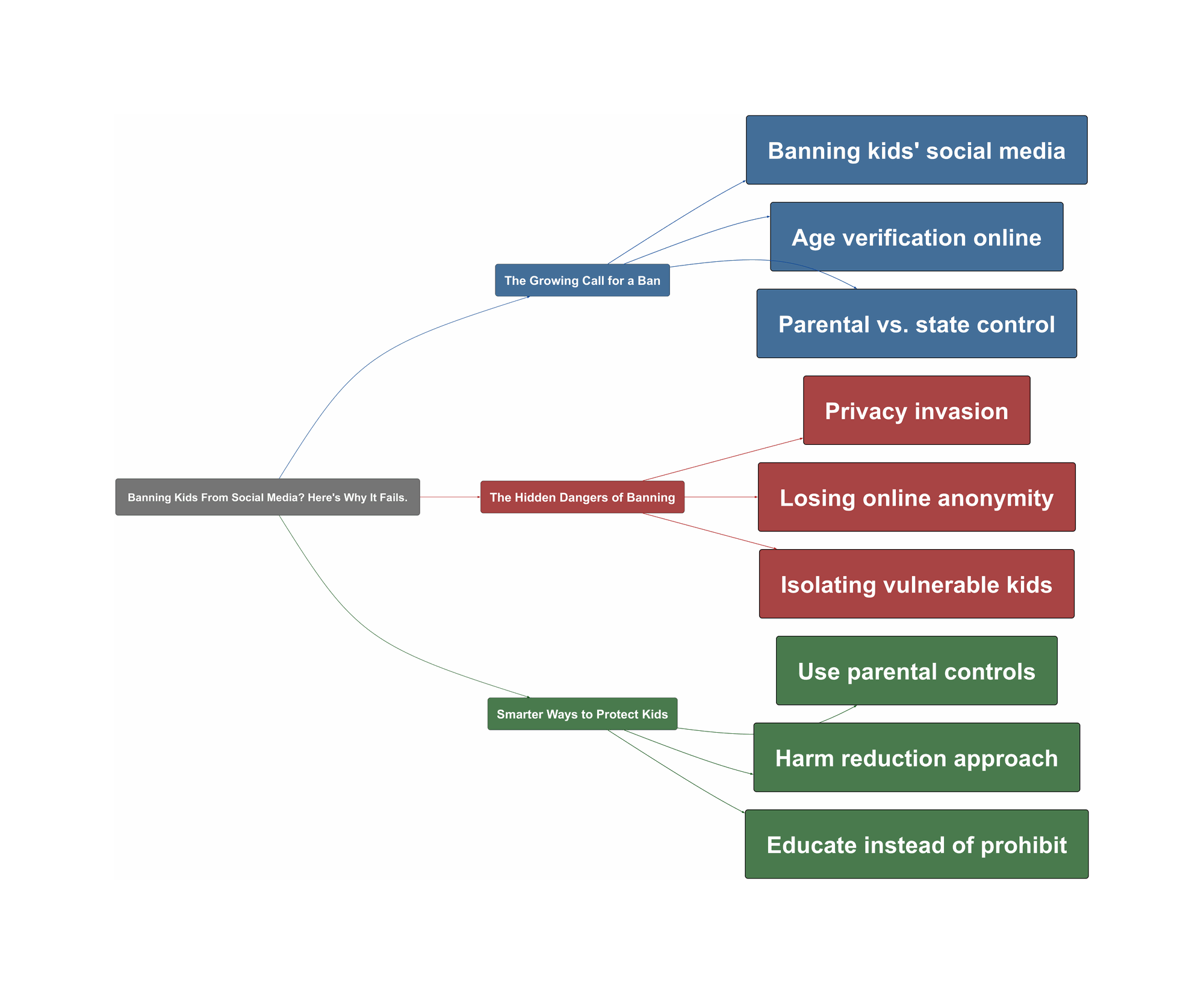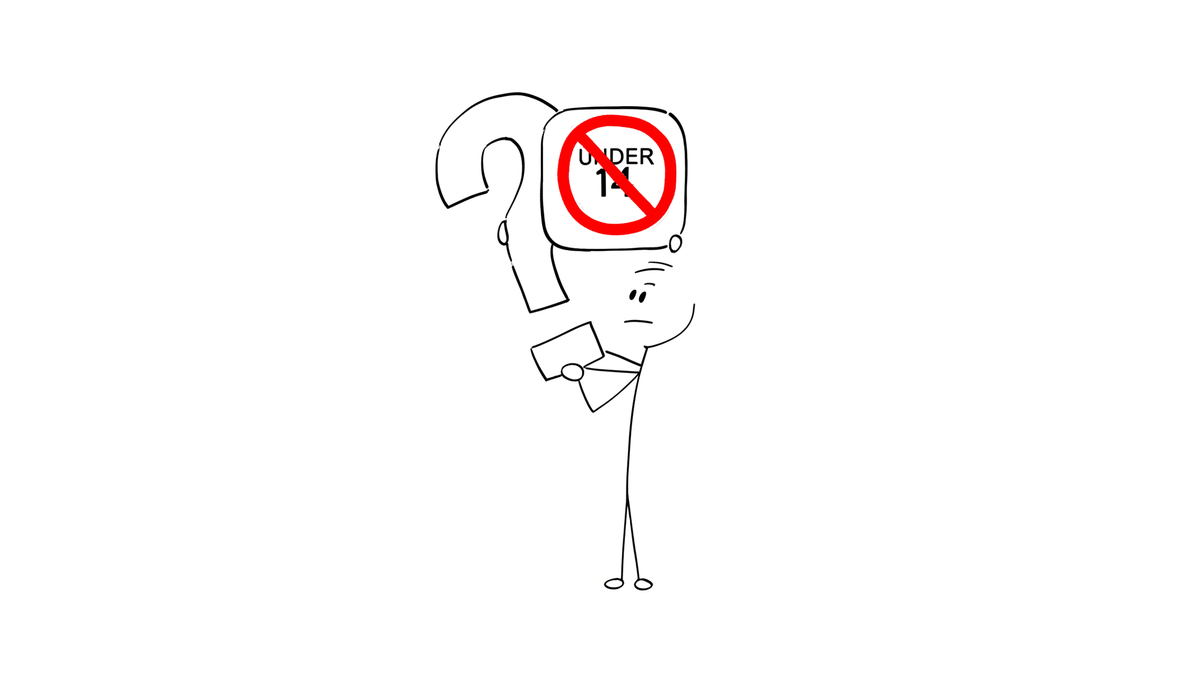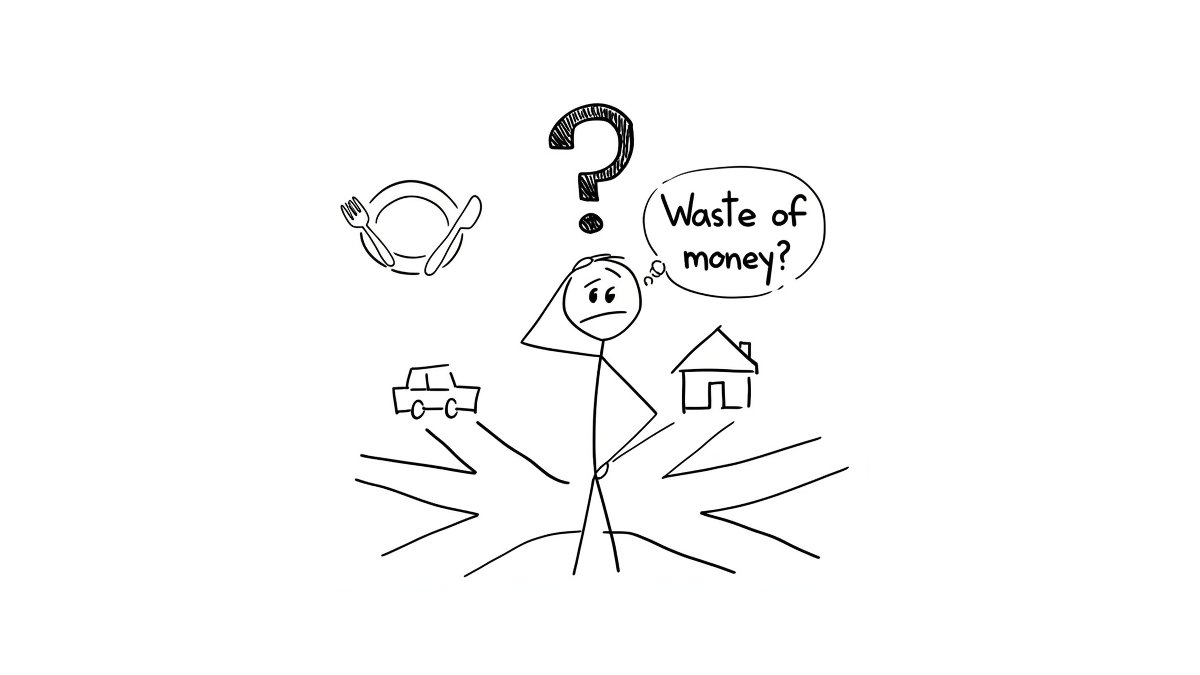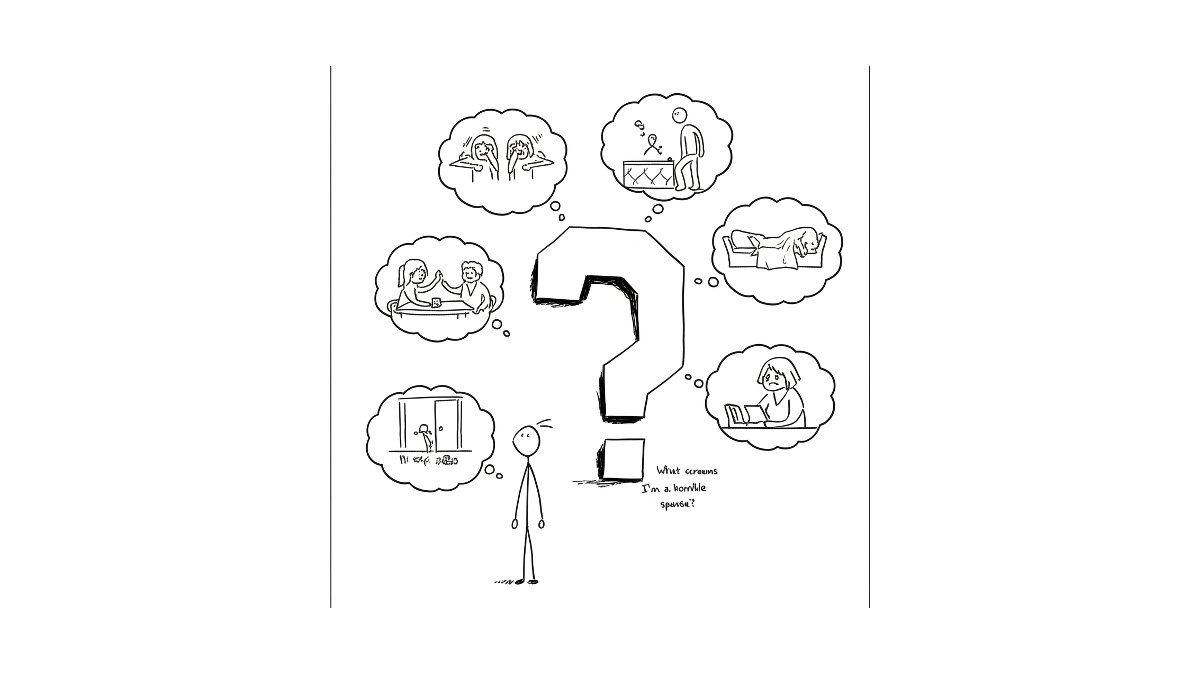Have you ever seen a young child glued to a smartphone and worried about the impact? Many people share this concern. As a result, calls to ban social media for anyone under 14 are getting louder. But would a government-enforced ban actually solve the problem, or could it create even bigger ones?
The Growing Call for a Ban
Recently, the idea of restricting social media for kids has gained serious momentum. Many people see platforms as addictive and harmful to young minds. In fact, most sites already require users to be at least 13 years old, but these rules are often ignored.
“I mean most platforms require users to be over 13, but kids half that age are addicted to it… We need to treat it like we did smoking, and make is socially unacceptable for kids to be on social media.”
Furthermore, this growing concern has prompted lawmakers to consider new regulations. The goal is to protect children from online harms. However, the path to effective and safe regulation is filled with major obstacles.
The Hidden Dangers of Banning
Nevertheless, a total ban presents serious complications. The biggest challenge is enforcement. How can a platform verify a user’s age without invading their privacy? Many people fear this would lead to a surveillance nightmare.
“In theory, but how do you implement it? Does it require me using my government ID to use the internet? I want less surveillance, not more…”
In addition, a ban could unintentionally harm the most vulnerable kids. For children in unsupportive or abusive homes, the internet is often a lifeline. Social media provides a private way to connect with friends and find support systems they lack offline.
“I would agree, but can’t in good conscience because a lot of kids live in abusive or unsupportive home environments and social media serves as a really good escape and way to privately reach out to friends and safe people.”
Smarter Ways to Protect Kids
Therefore, many argue that prohibition is not the answer. History shows that outright bans rarely work. Instead, a focus on harm reduction and education may be more effective. This approach empowers parents and children rather than relying on government control.
“The best way to manage things like this is not through prohibition but through harm minimisation.”
As a result, the solution may lie closer to home. Parents can take proactive steps to manage their children’s online lives. Modern devices and apps offer robust parental controls that can limit screen time and block inappropriate content. Ultimately, open conversations about online safety and digital citizenship can equip kids with the tools they need to navigate the internet safely on their own terms.
“It’s the parents job to control it… Parental controls are available for things like this”




